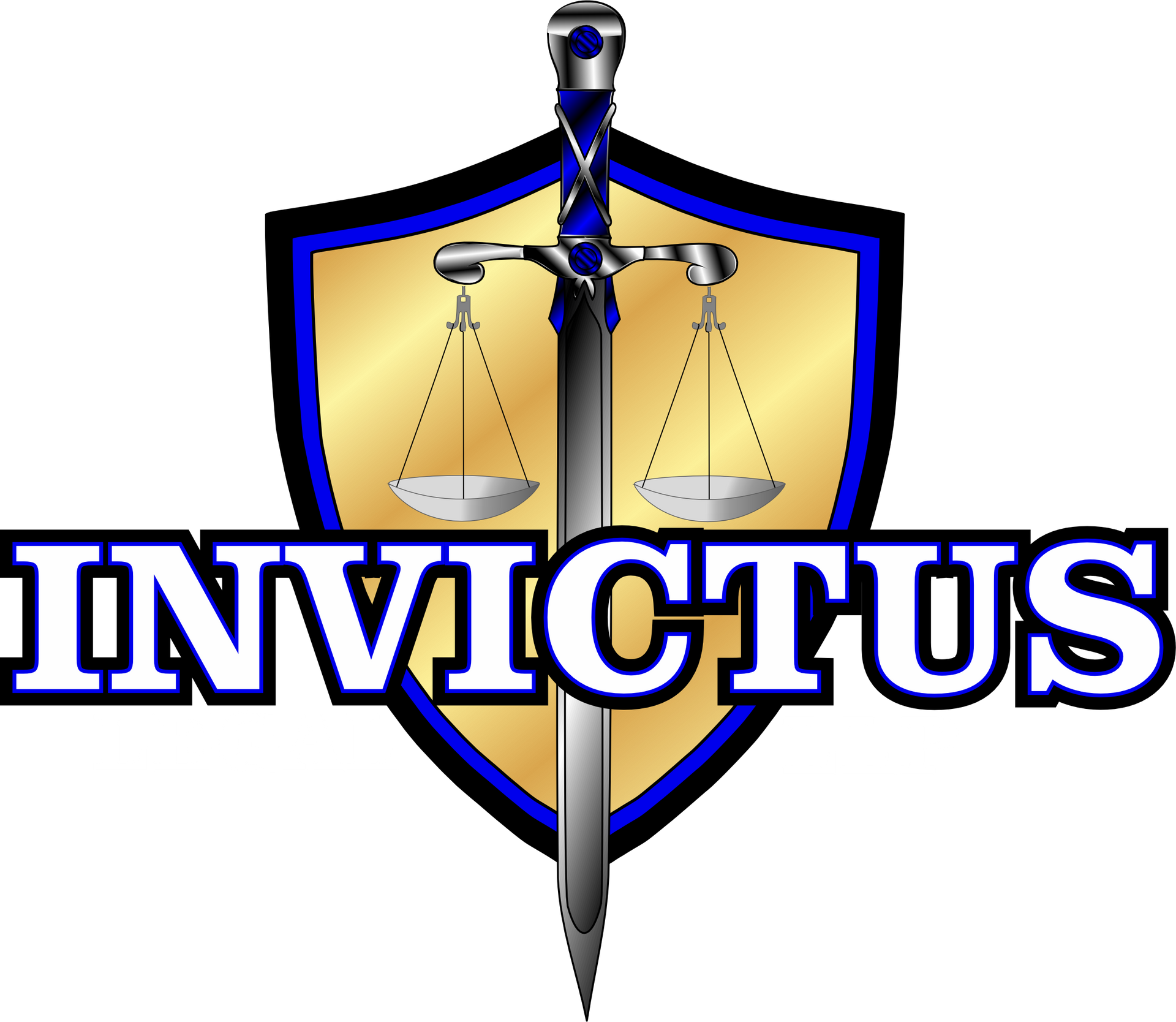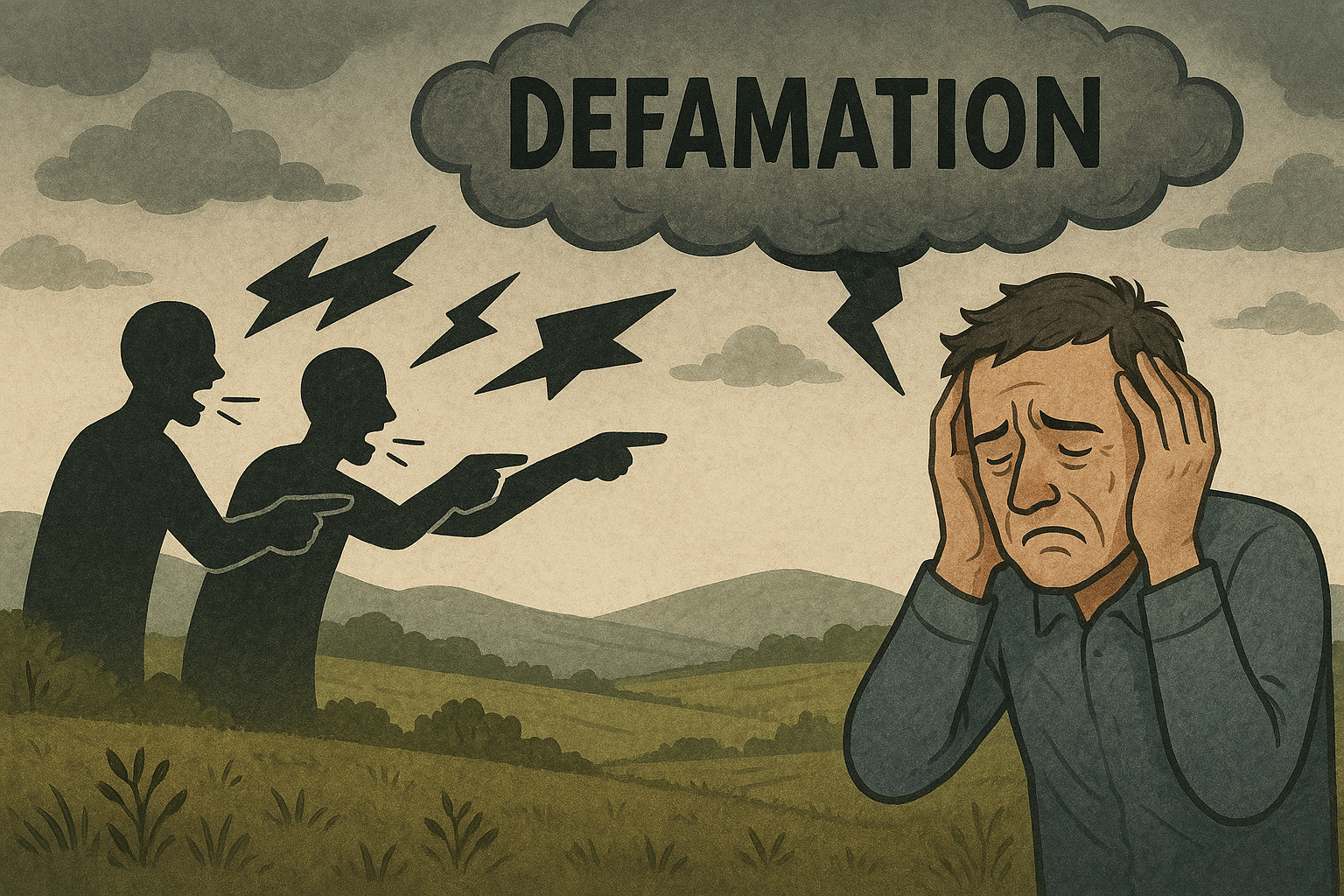The Standard Lease for Landlord and Tenants in Ontario
The Standard Residential Lease 2018 and Section 15, Additional Terms and How the Standard Lease came to be….
The New Standard Lease, a solution in search of a problem, came into being April 30, 2018. For most folk in the industry, Landlords and Tenants alike, this was not an issue. It wasn’t a pressing issue, it just wasn’t an issue at all. Industry players and pundits alike were take aback by the introduction of a new industry wide lease. That is because any lease or tenancy is, and was, subject to the Residential Tenancies Act (hereinafter referred to as “the RTA”) and the rules therein. In practical terms, every tenancy within the RTA was subject to the same rules, regardless of the language in the individual lease agreements. The RTA is the one ring that rules them all.
So why a new lease? Are there any benefits to this new lease? Doesn’t it resolve issues that weren’t previously addressed? And, most importantly, how can Landlords and Tenants use it to assist themselves?
In a political scramble to accomplish its legislative agenda, the Liberal government of the day made multiple changes to the RTA amid much fanfare. The RTA faced substantial changes in apparent response to media attention on rental issues, with Toronto facing low vacancies and soaring rents.
An old exemption on rent controls for new construction, brought about in 1991 for five years and later, extended indefinitely, found itself getting front page news coverage, with renters facing huge year over year rent increases. And a series of articles appeared to be showing economically disadvantaged tenants in horrific situations being pursued for “Rent” after being evicted. There was political hay to be made and legislation was quickly enacted.
Ironically, the original exemption from rent control for post 1991 construction was to encourage new construction and provide more rental properties to ease the vacancy rate. Fast forward to 2017 and the policy is withdrawn due to the issues it created. Will the removal of the exemption for new construction further restrict the rental supply? Was it a failed policy that will have no impact? Did the surging population alter the landscape beyond the ability of the any legislation tweaking to correct? And does it matter?
The Rental Fairness Act came into being and after April 17, 2018, the exemption was removed. Additional changes addressed the issue of pursuing tenants for “rent” after termination. And in what was likely a planned industry change, the new Standard Lease came into being.
How the Standard Lease does help Landlords and Tenants
It’s not all political gamesmanship. A standard lease, and in particular, this Standard Lease, seeks to educate all the parties and make the relationship between Tenants and Landlords more professional and less acrimonious. Knowledge of the rules, at the onset of a tenancy, can only assist in having those rules followed. Like colouring, if both parties to the lease stay within the lines, the end result is likely to be more pleasing.
So, what are the elements of the new Standard Lease and who is exempt?
A good starting point is to assume that the Standard Lease applies to your situation, with the following exemptions: Care Homes, Mobile Home sites, Land Lease communities, member units in Co-ops, Social and Supportive Housing and other exemptions as set out in Section 5 of the RTA. Most residential tenancies will require the Standard Lease.
Who’s responsible to provide the Standard Lease? The Landlord must provide the executed Standard Lease. If a Landlord fails to do so, a Tenant may request same and the Landlord must provide same within 21 days. What happens if a Landlord doesn’t provide same? Well, initially, the Tenant can withhold one months rent, and if the Landlord doesn’t provide the executed Standard Lease within 30 days, the Tenant gets to keep that money. So, essentially, Landlords deliver the lease in a timely fashion or…. And there are other penalties involved for the Landlord. In essence, as a Landlord the message is clear. Thou shalt provide thine Tenants with a Standard Lease or thou shall feel the wrath of the LTB and that wrath shall attach itself very firmly to your pocketbook. Take a moment to consider the underlying business relationship between Landlord and Tenants, it is a business relationship with the terms set out in writing to help both sides.
Ontario Standard Lease
The Standard Lease is available here, at the government website. Simply cut and paste the address into your web browser….and click on the download. It also has a link to a free adobe download if you need it.
Simply by filling in the blanks, it will assist both parties in considering many of the issues in a tenancy that no one considers in the first blush of the new relationship. In that initial warm glow, the apartment is perfect, the Landlord and the Tenant are most agreeable and eager to establish a solid, functioning relationship. Now is the time to consider the nuts and bolts of the actual business relationship between the parties while there is goodwill and good communications.
The form itself deals with many of the standard issues, like parking, utilities, contact information, rent deposits, key deposits and, even Tenant Insurance. Some issues are partly addressed, such as smoking and changes to the rental unit with specific reference to the possible addition of additional terms under section 15. Other issues, such as the use of Marijuana, either recreational or medical, the growing of marijuana on the premises, permitted use of unit (such as in residential purposes only), cleanliness, the use of written work orders in maintenance requests, reporting of additional occupants, reporting of pets on premises, appliances included and not included, Laundry rules, etc. are not addressed at all.
The parties to the Standard Lease are optimistic and looking for a solid business relationship at the commencement of the Lease. The Landlord and the Tenant both have a vested interest in maintaining this relationship. One way to ensure this happens is to have a clear understanding of what the relationship should look like.
When a new tenancy commences and the Standard Lease is introduced, perhaps the KEY section to a successful tenancy for both parties is Section 15, additional terms. While the bloom is on the roses, so to speak, the Section 15 Additional Terms can set the tone for a solid, respectful working relationship between the parties.
As an additional resource, we have put together some sample “additional terms” that can be utilized in new tenancies. The use of these Sample Additional Terms does not constitute legal advice, nor is there any guarantee, implicit or implied, in the legality of the clauses provided.










